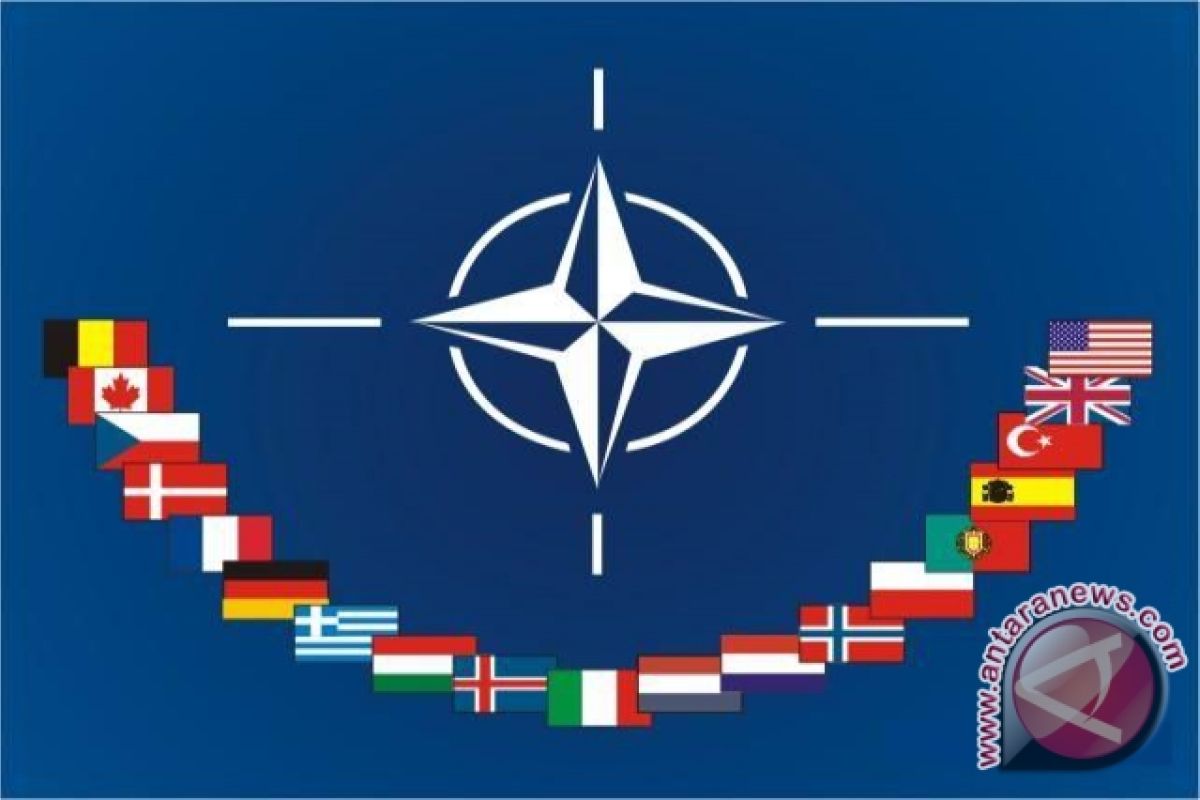NATO Secretary-General Anders Fogh Rasmussen said the closures and the streamlining of agencies that run areas such as ground surveillance and strategic airlift would make NATO "leaner, more flexible", as well as "more affordable".
"Some headquarters will close. Others will move or change their role," Rasmussen said in a statement without providing details of which bases would close.
NATO officials also declined to provide details, but the reforms proposed by Rasmussen aimed to cut the number of major NATO bases to seven from 11.
Turkey said this week it expected NATO to pick the Turkish NATO air base at western city of Izmir for its future land forces` command, which would mean the closure of current land bases at Heidelberg in Germany and another near Madrid.
NATO now has two commands each for its land, air and naval forces and three joint-force commands, but this duplication has come under scrutiny with defense budgets throughout the Western world under pressure due to the economic crisis.
NATO sources have said Rasmussen`s reforms proposed closing one of each of the land, air and naval bases and one joint-force command. The naval bases are in Italy and Britain and the air bases in Turkey and Germany.
Germany has had no objection to the closure of Heidelberg and Spanish Defense Minister Carme Chacon said earlier on Wednesday that it was open to negotiation on Madrid.
The joint force command at Lisbon was considered most under threat. The two others are in the Netherlands and Italy.
The NATO reforms will reduce the number of agencies carrying out specific projects from 14 to 4, three of which will be located in Belgium and one in Luxembourg.
NATO officials have said cutting the number of NATO agencies would reduce their staffing to below 9,000 from 13,000. (Uu.SYS/C/S008/C/S008) (*)
Editor: Ella Syafputri
Copyright © ANTARA 2011






